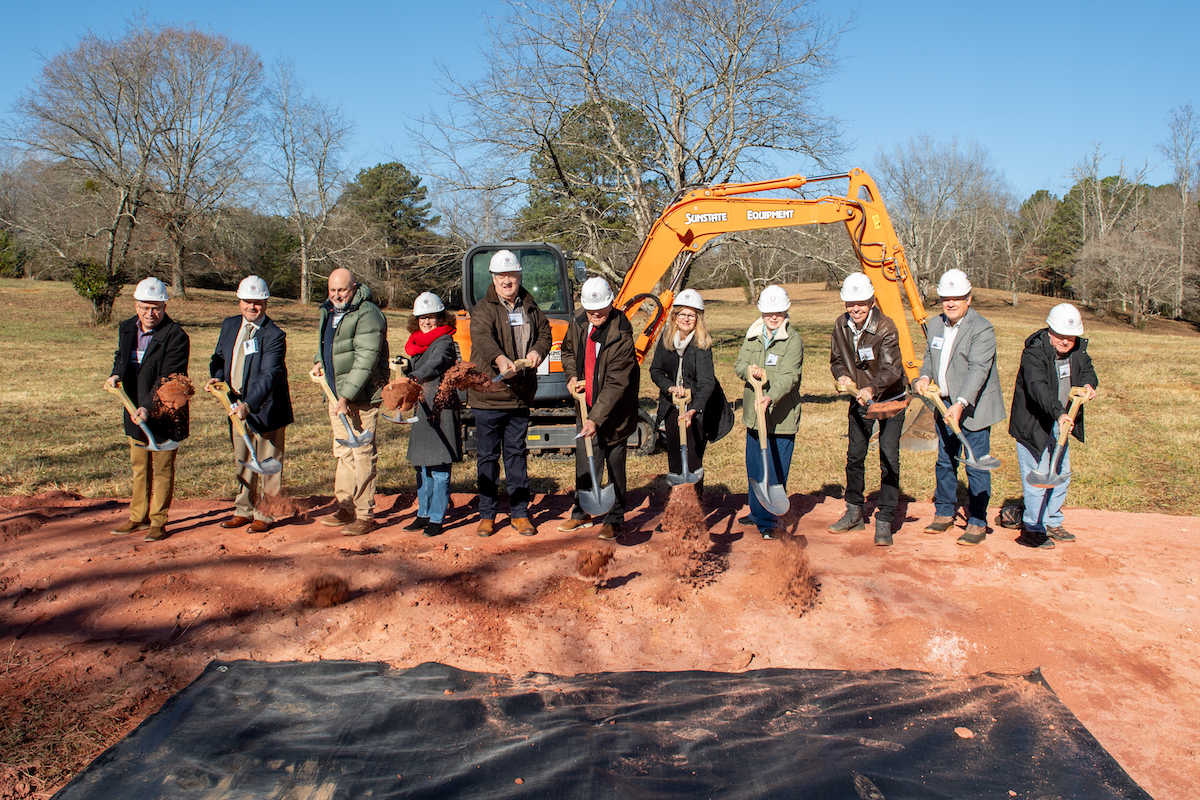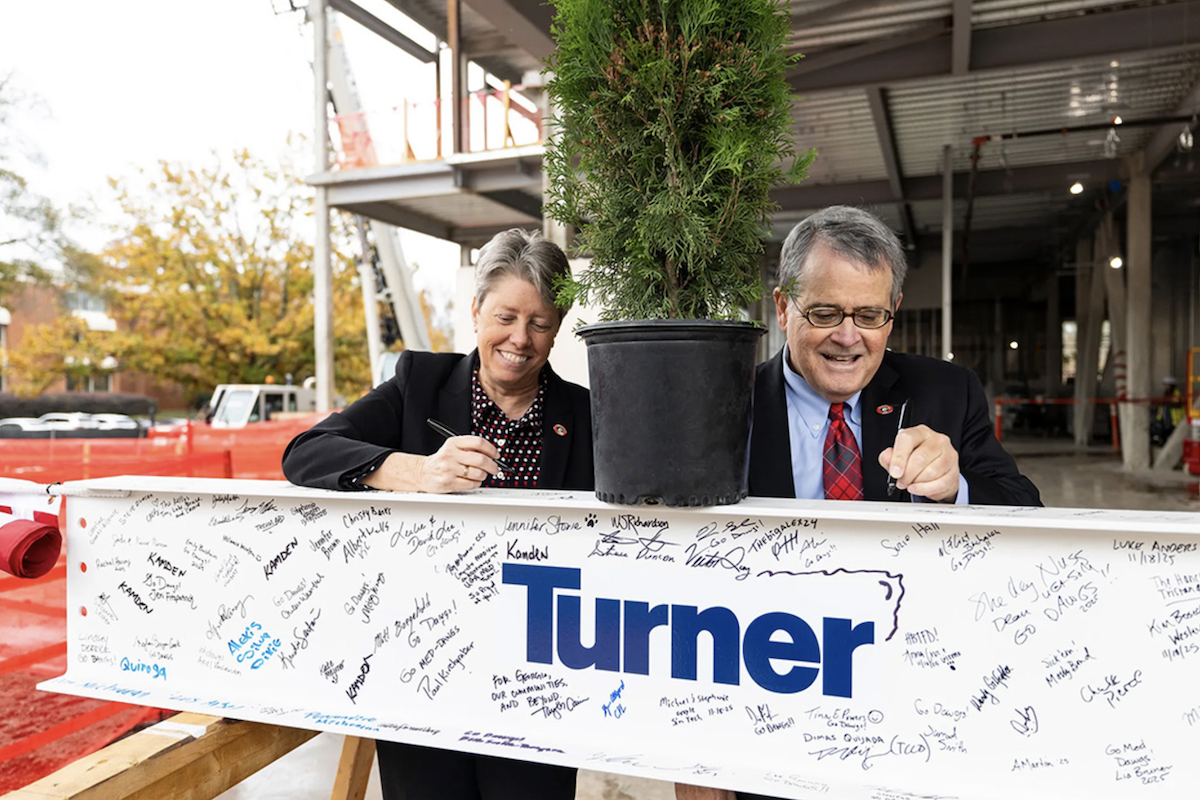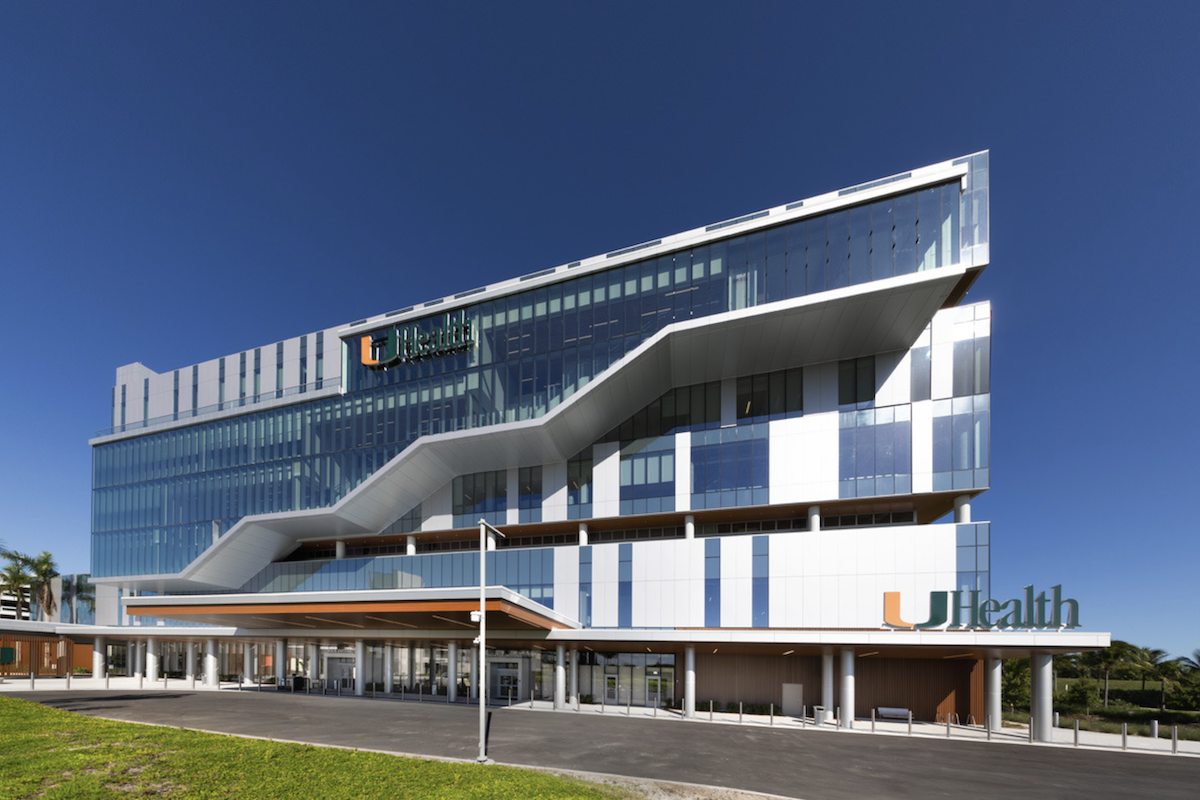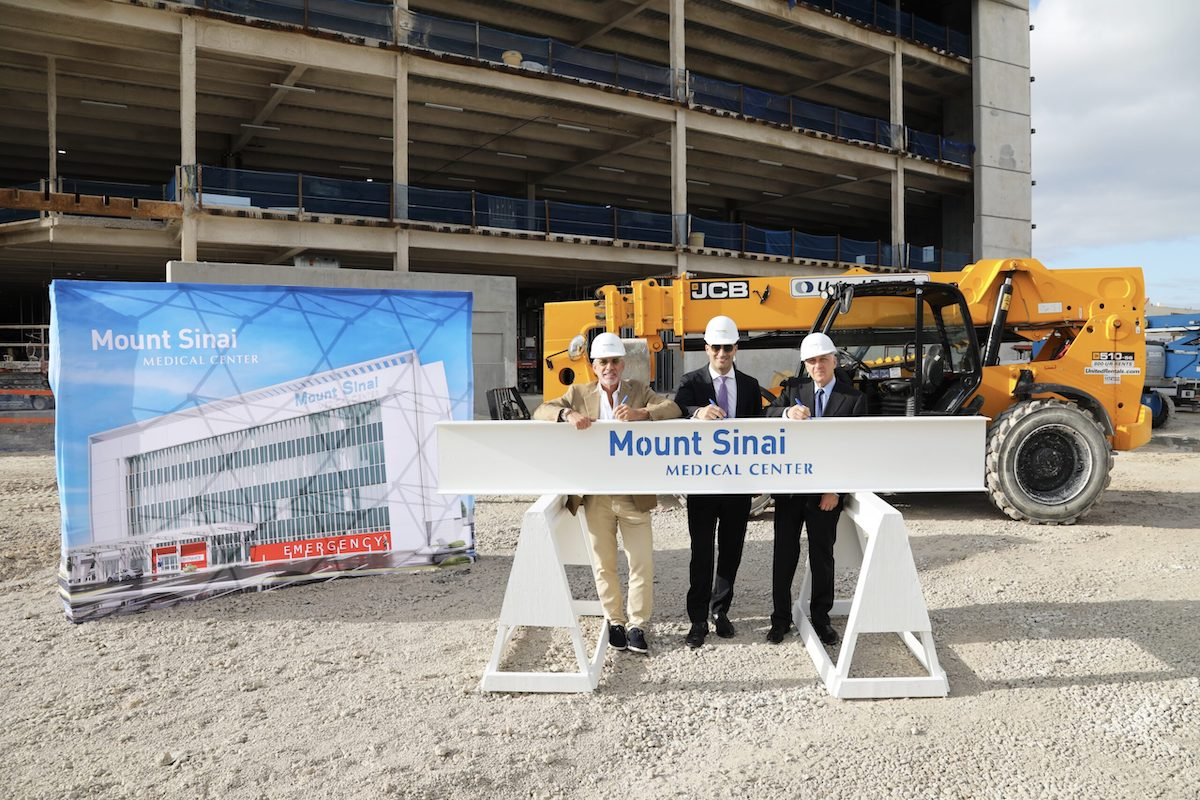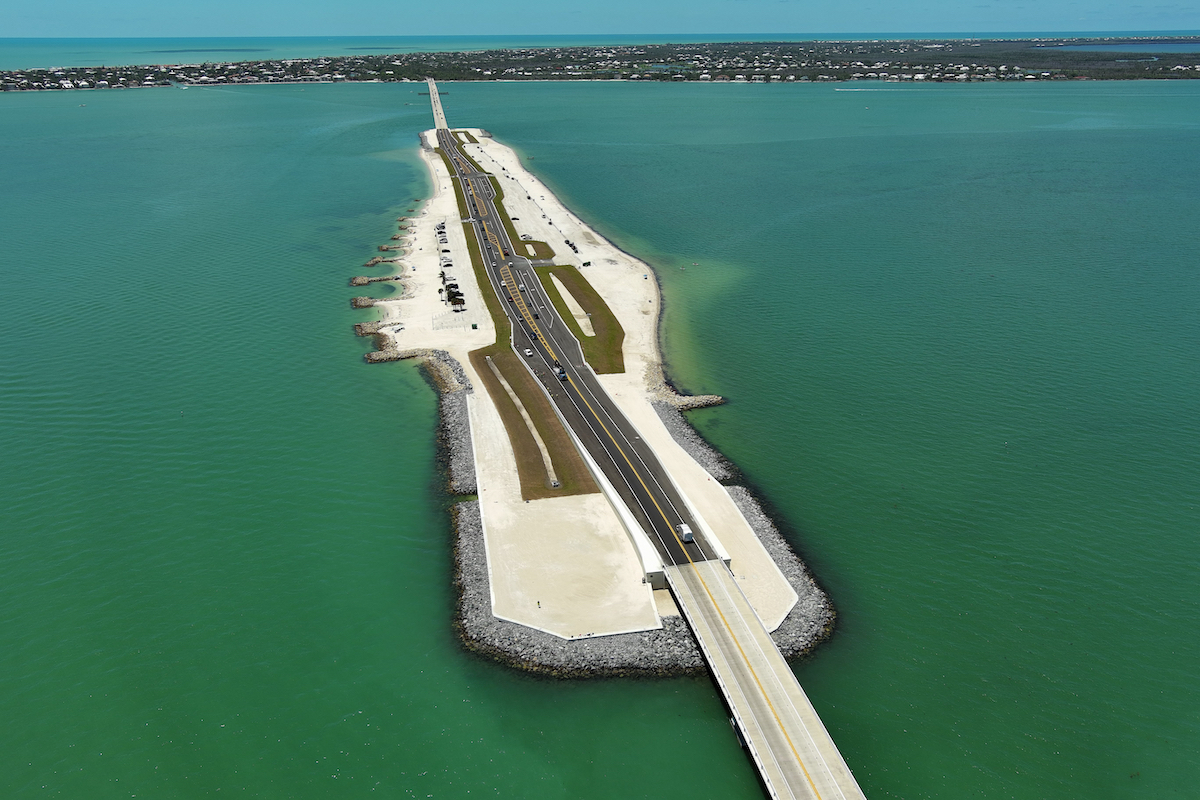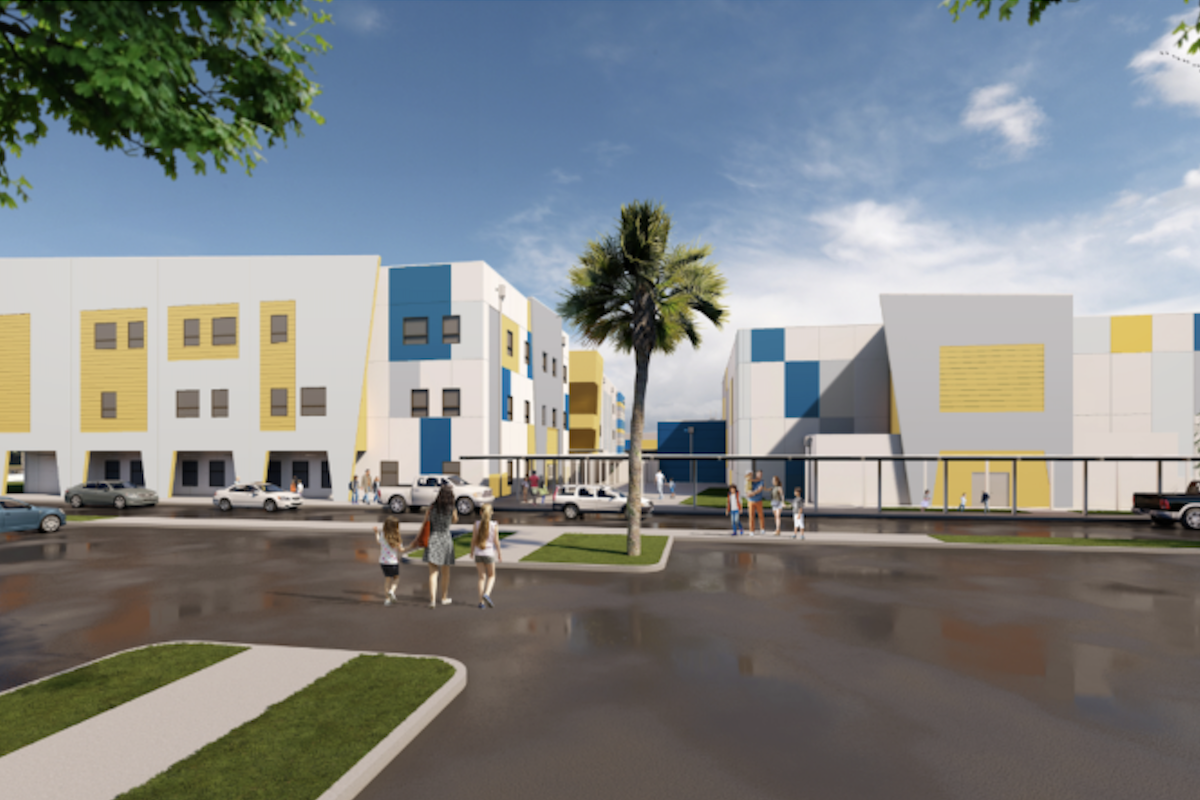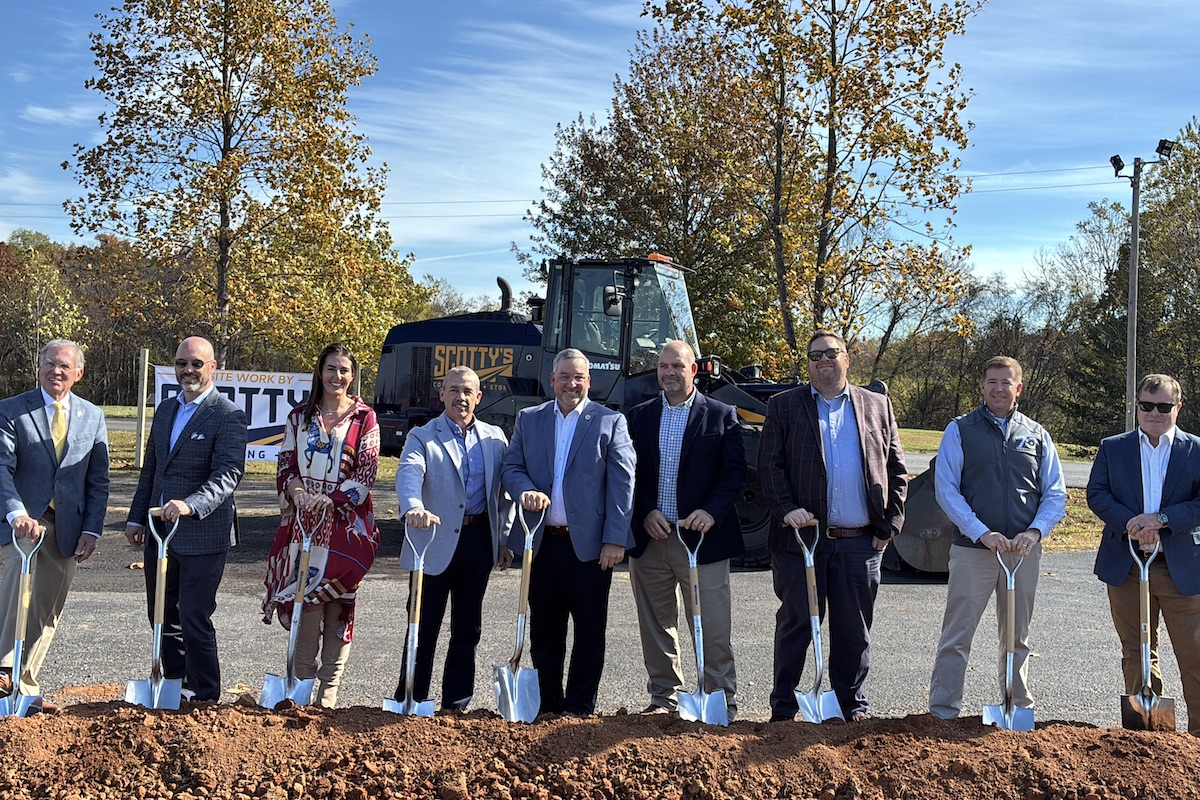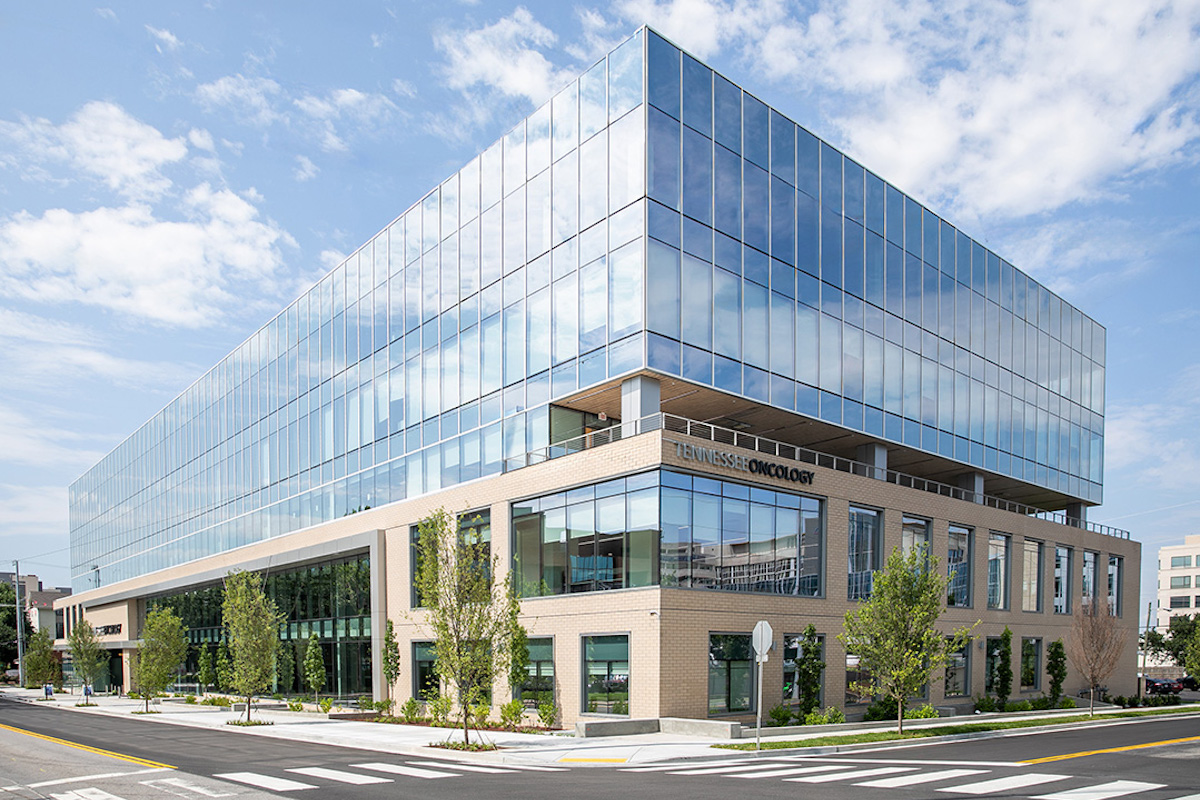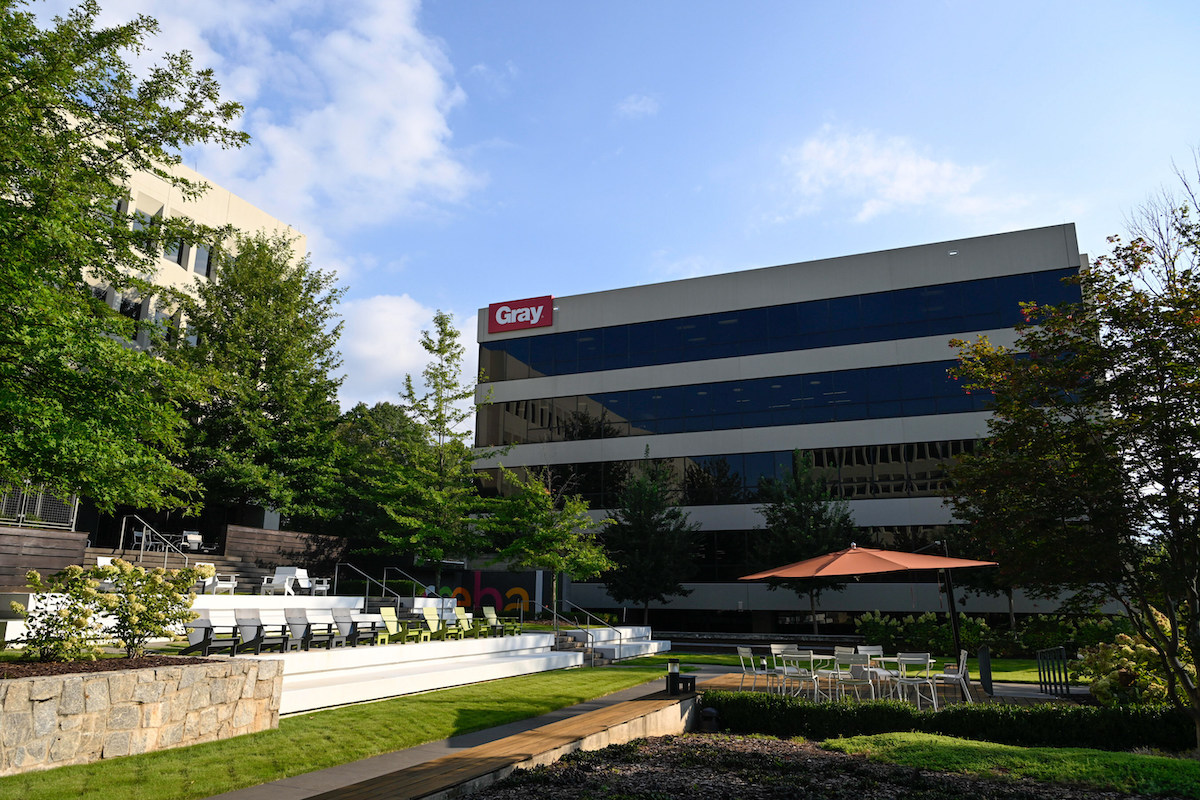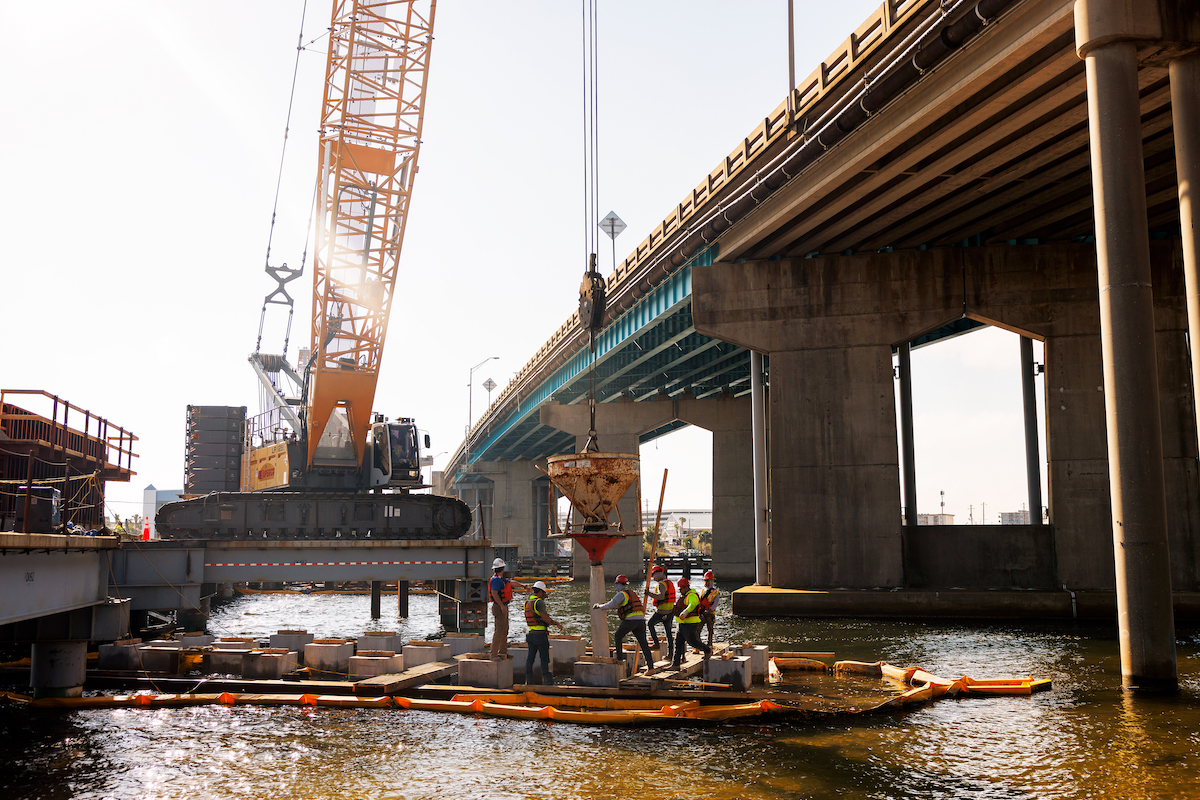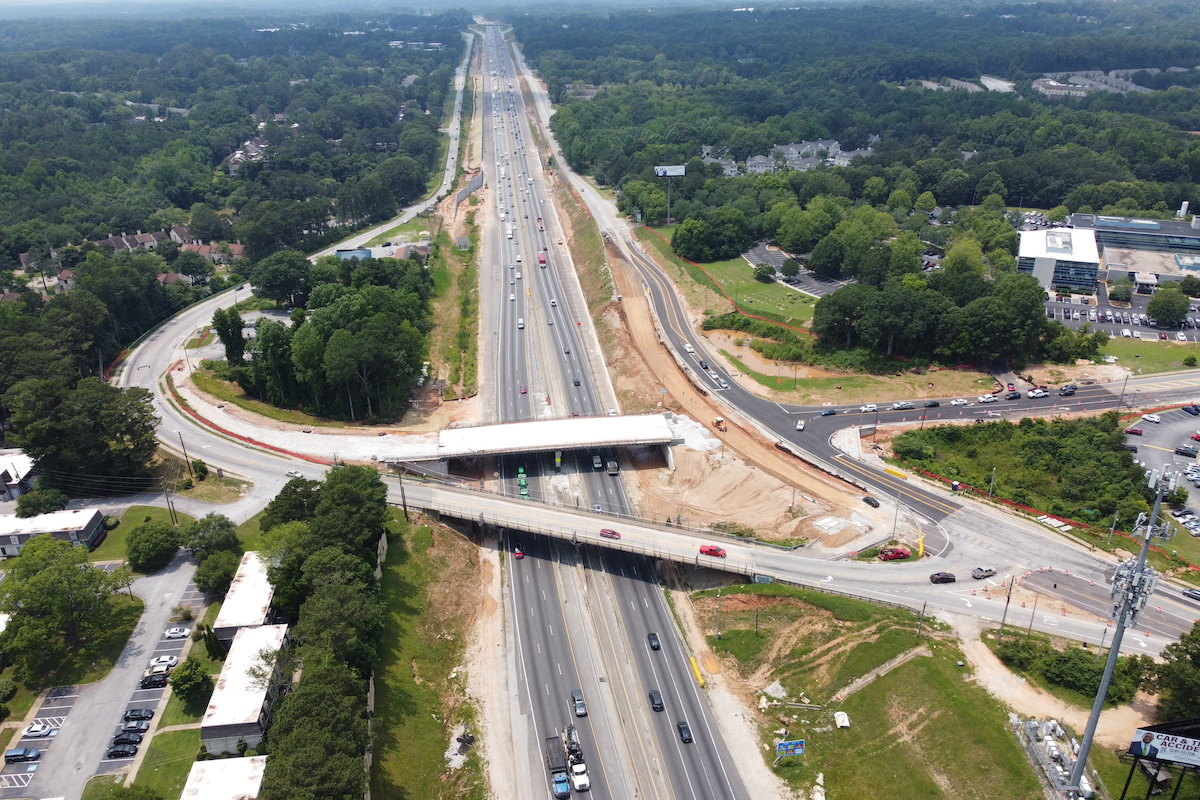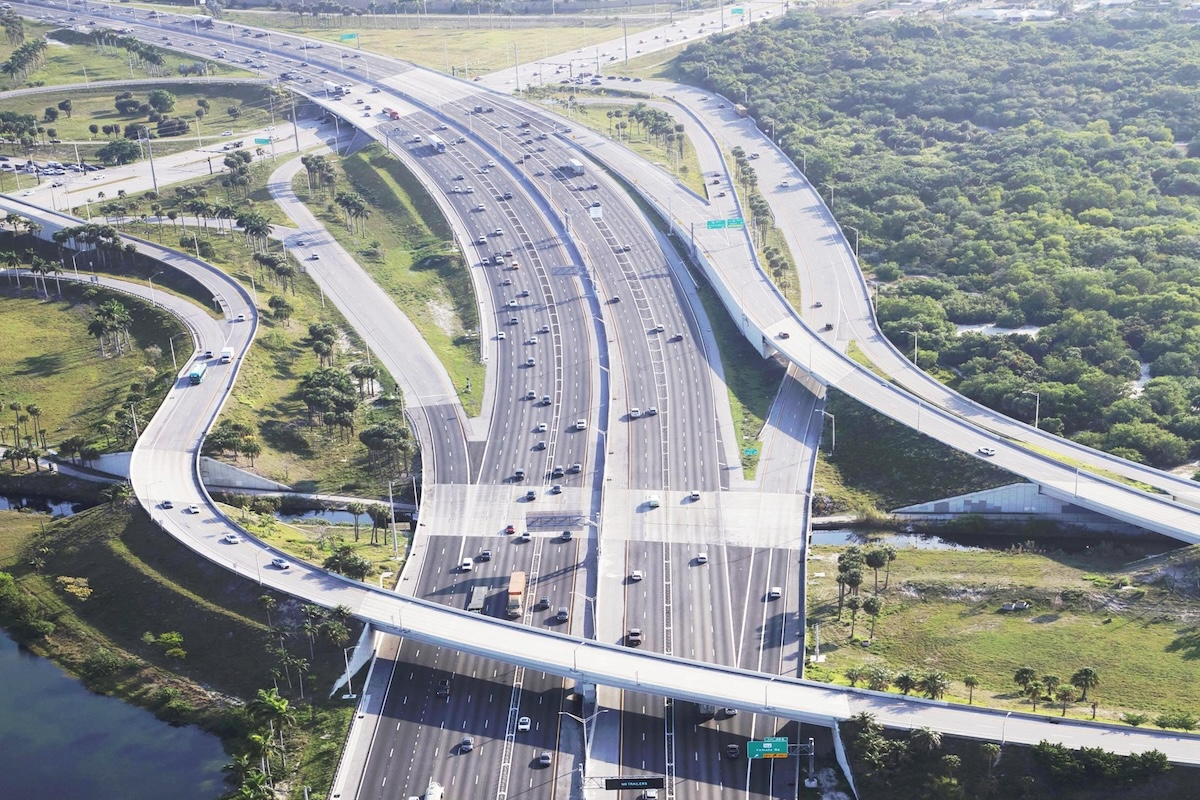SR 400 Express Lanes Industry Forum Sees Record Turnout

Several Georgia DOT representatives presented insight to the project including Commissioner Russell McMurry, Chief Engineer Meg Pirkle, Treasurer Angela Whitworth, P3 Procurement Administrator Chip Meeks and Assistant P3 Director Darryl VanMeter. State Road and Tollway Authority Executive Director Chris Tomlinson also addressed the attendees.
“We were absolutely thrilled with the turnout, and we believe it shows the high level of interest in both the SR 400 Express Lanes project and Georgia’s Major Mobility Investment Program (MMIP) overall,” McMurry said. “This is a significant moment in not only the SR 400 Express Lanes Project, but in the department’s history as it marks the start of procurement for the department’s first Design-Build-Finance-Maintain (DBFM) project and the first MMIP P3 project.”
Attendees learned about the project’s anticipated scope, the anticipated procurement process and other important details. The SR 400 Express Lanes will be delivered using a DBFM model, with a 35-year maintenance term and an availability payment structure. The project’s estimated cost is $1.3 billion with a scheduled substantial completion in mid-2027.
The project consists of 16.1 miles of express lanes managed by congestion-based pricing and will add two buffer-separated express lanes in each direction between the North Springs MARTA Station and McGinnis Ferry Road in Fulton County and one buffer-separated express lane in each direction from McGinnis Ferry Road to approximately one mile north of McFarland Parkway in Forsyth County.
SR 400 is critical to the residents and businesses in the community as it connects metro Atlanta’s interstate system. The Atlanta region, particularly along the SR 400 corridor, has experienced growth, which is expected to continue and further increase congestion.
The project is designed to improve mobility along this vital north-south transportation corridor, serve as part of the larger Georgia Express Lanes network and provide a connected transportation system with reliable trip times for motorists.
“As the region continues to grow, we determined that we simply can’t widen our way out of it,” VanMeter said. “Every time we built new lanes they just kept filling up. The SR 400 Express Lanes project takes an innovative approach to tackling congestion and empowering motorists to have further options and a more reliable trip.”
Last year the project received a federal Infrastructure for Rebuilding America grant of $184 million. Additionally, a $100 million state bond for express lanes transit in the form of Bus Rapid Transit (BRT) was awarded to aid with the Phase 1 plans of MARTA’s BRT corridor along SR 400.












